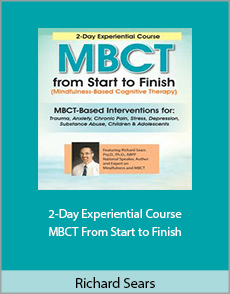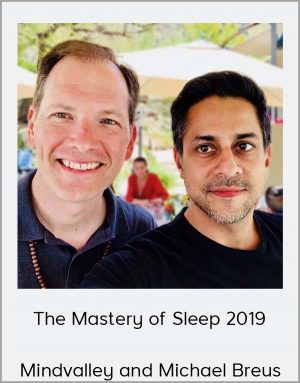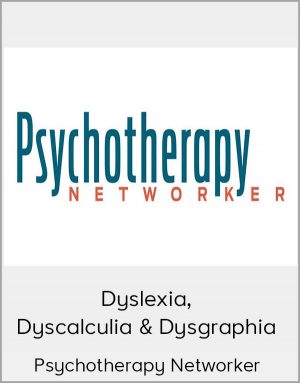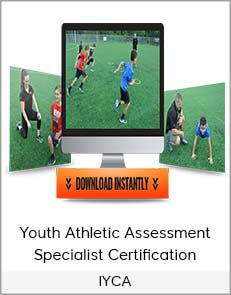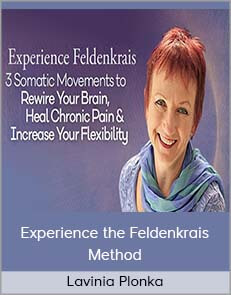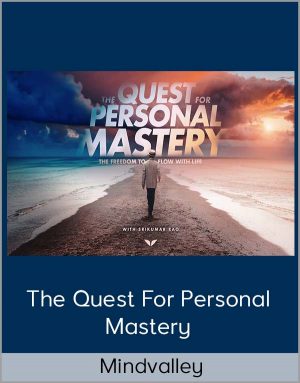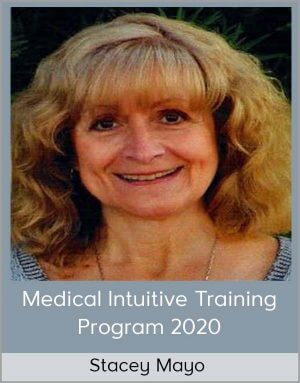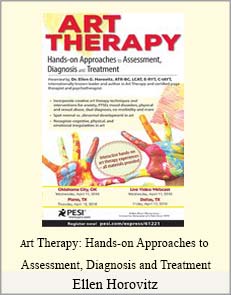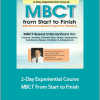Richard Sears – 2-Day Experiential Course. MBCT From Start to Finish
$85.00$439.99 (-81%)
I am often asked how CBT and mindfulness can work together. After all, CBT is all about change, and mindfulness emphasizes acceptance of reality in this moment.
Richard Sears – 2-Day Experiential Course. MBCT From Start to Finish
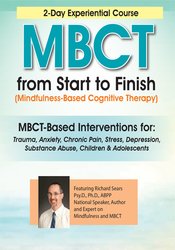
Check it out: Richard Sears – 2-Day Experiential Course. MBCT From Start to Finish
Description
CBT has a long history of helping clients break free from negative thoughts. But have you ever found that the more you challenge your client’s thoughts, the worse they get?
The evidence for using mindfulness is also exploding in the clinical research literature. Unfortunately, if used to help clients temporarily feel better, you might be reinforcing avoidance of their thoughts and feelings, making them worse in the long run!
I am often asked how CBT and mindfulness can work together. After all, CBT is all about change, and mindfulness emphasizes acceptance of reality in this moment. The answer is simple: we must accept reality as it is in order to effectively build a life worth living.
With Mindfulness-Based Cognitive Therapy (MBCT), you get the best of both CBT and mindfulness. MBCT is an empirically-validated intervention with decades of research support. The 8 sessions of the formal MBCT protocol is a “boot camp” for clients and clinicians to systematically learn and experience the subtle and sophisticated principles of mindfulness and CBT. The principles can also be easily incorporated into other therapy modalities to synergize the effectiveness of what you are already doing.
However, you cannot leverage the power of these techniques just by reading about them. To provide these interventions effectively for clients, it is imperative to experience it for yourself. Learn from psychologist and expert mindfulness trainer Dr. Richard Sears for a two-day experiential MBCT recorded workshop. You will experience every mindfulness exercise, CBT principle, and didactic component of the entire program, along with tips for adapting the material into a variety of individual therapy settings.
As an added bonus, programs like MBCT have also been shown to reduce stress and burnout for clinicians! And, when clinicians practice mindfulness for themselves, their clients have better outcomes!
Handouts
Manual – 2-Day Experiential Course (5.9 MB) 79 Pages Available after Purchase
Outline
Foundations & Principles of MBCT
- Why combine Mindfulness and CBT?
- The evidence for MBCT
- The neurological evidence
- Adaptation and Expansion of CBT Principles
- Limitations of the research and potential risks
Core Techniques of MBCT
- Mindfulness Techniques in MBCT
- The Body Scan
- Three-Minute Breathing Space
- Mindful Stretching techniques
- Daily Mindfulness techniques
- Sitting with Difficult feelings
- Mindful Inquiry – The Crucial Step of Processing Post-Exercise
- CBT Practices Applied in MBCT
- Behavioral experiments, Exposure therapy, The ABC model and thought and feeing records
- Identifying relapse signatures
- Relapse prevention plans
STEP-BY-STEP GUIDED EXERCISES FOLLOWED BY MINDFUL INQUIRY
The 8 Session MBCT Curriculum
How to Develop Awareness
- Session 1 – Stepping out of Auto Pilot Mode
- The difference between thinking and experiencing
- Techniques for everyday activities
- Session 2 – Realizing the Impact of our “Judging Mind”
- Incorporating the ABC model for how thoughts and feelings interact
- Noticing pleasant events and how they affect us
- Session 3 – Bringing us to the Present Moment
- Mindful breathing and body techniques
- Notice unpleasant events and how we react
- Exploring and relating differently to uncomfortable experiences
How to Be Present with Our Experiences
- Session 4 – Staying present rather than chasing or ignoring experiences
- Techniques to recognize aversions and work through them
- Conscious choice versus automatic reactions
- Session 5 – Accept and Let Things Be
- How to recognize and let go of the wasted energy of struggling with reality
- Exposure practice for moving through difficult experiences
- Session 6 – Realizing Thoughts are Not Facts
- The science of how the human brain gives distressing thoughts about their power
- How fighting thoughts can make them worse
- Tools for taking the power away from negative thoughts
How to Make Skillful Choices
- Session 7 – Self-Care Plans and Avoiding Relapse
- How daily activities affect mood
- Catch the early warning signs
- Activities and exercises to incorporate into daily life
- Session 8 – Maintain and Personalize MBCT Practices
- How to maintain client engagement
- Adapting techniques to the client for long term success
MBCT-Based Interventions for:
Trauma
- Relating differently to intrusive thoughts and feelings
- Memory reconsolidation to reprogram old reactions
Anxiety
- How ruminations and worries are negatively reinforced
- Exposure to body sensations to break through the extinction burst
- How to utilize mindfulness even during a panic attack
Chronic Pain
- Tease apart thoughts and reactions from physical pain
- Create a life worth living and bringing the pain along for the ride
Stress
- How long-term stress affects short-term crises
- Harness the energy of the stress response
Depression
- Urge surfing – “riding the waves” versus struggling
- Chain analysis – find and change the causes of relapse
Children & Adolescents
- Recognize choice points
- The snow globe analogy for working with swirling thoughts
Faculty

Richard Sears, PsyD, PhD, MBA, ABPP
Director
Center for Clinical Mindfulness and Meditation
Richard Sears, PsyD, PhD, MBA, ABPP, is a licensed psychologist in Cincinnati, Ohio, board certified in clinical psychology by the American Board of Professional Psychology (ABPP), runs a private psychology and consultation practice, and is the Director of the Center for Clinical Mindfulness & Meditation. He is also clinical assistant professor at Wright State University School of Professional Psychology, clinical/research faculty at the UC Center for Integrative Health and Wellness, volunteer professor of Psychiatry & Behavioral Neurosciences at the UC College of Medicine, and a research/psychologist contractor with the Cincinnati VA Medical Center.
His most recent books include: Cognitive Behavioral Therapy & Mindfulness Toolbox (PESI, 2017); Mindfulness: Living Through Challenges and Enriching Your Life in this Moment (Wiley-Blackwell, 2014); Perspectives on Spirituality and Religion in Psychotherapy (PR Press, 2014); Building Competence in Mindfulness-Based Cognitive Therapy (Routledge, 2015); and Mindfulness-Based Cognitive Therapy for PTSD (Wiley-Blackwell, 2016). Dr. Sears is lead author of Mindfulness in Clinical Practice (PR Press, 2011) and Consultation Skills for Mental Health Professionals (Wiley, 2005).
Dr. Sears is a fifth-degree black belt in Ninjutsu, and once served as a personal protection agent for the Dalai Lama with his teacher, Stephen K. Hayes. He has studied the Eastern Wisdom traditions for over 30 years, receiving ordination in three traditions, and has been given transmission as a Zen master.
Speaker Disclosures:
Financial: Richard Sears holds faculty appointments at the University of Cincinnati. He receives a speaking honorarium from PESI, Inc.
Non-financial: Richard Sears is a diplomate of the American Board of Professional Psychology and is a fellow of the Academy of the American Board of Clinical Psychology.





